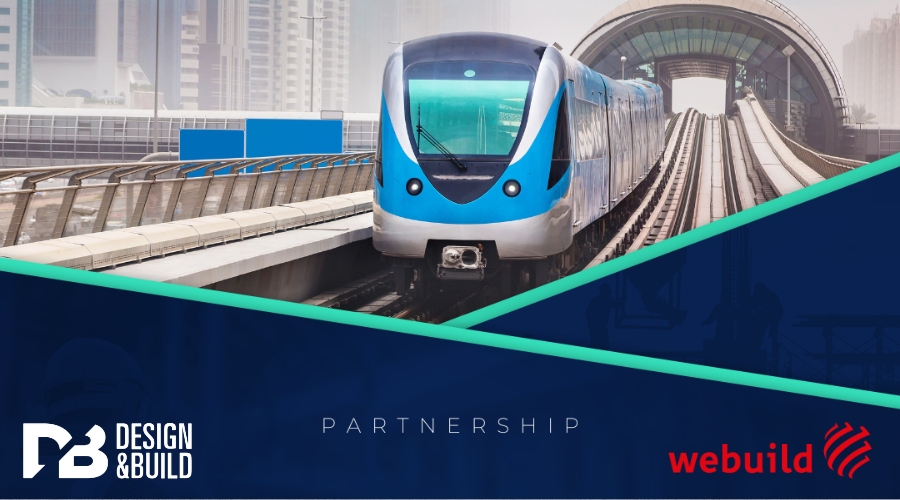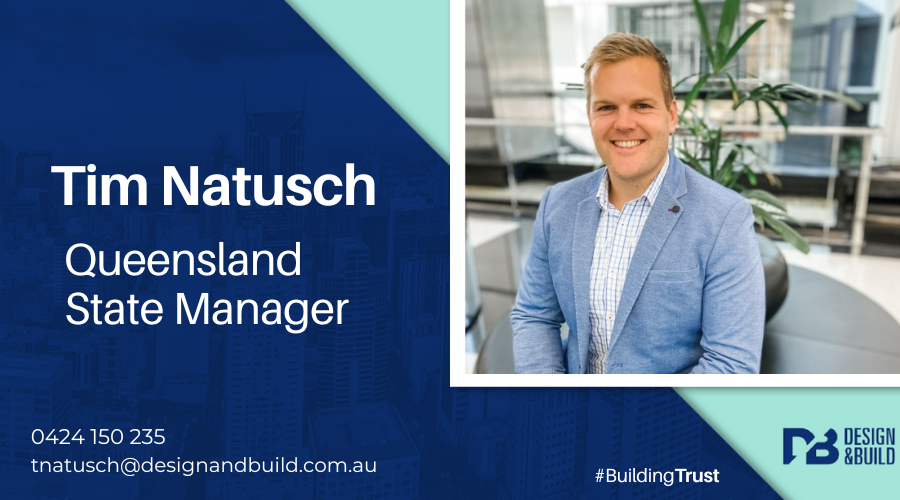Why am I not getting the job? Identify your blindspots and win the interview
10 months ago By Nathan Eshman

Finding a job can be rough. And if you’re a job seeker who’s responded to a number of job listings — or can’t seem to make it through the interview stage — you may have asked yourself, Why am I not getting the job? Now, while some declare it’s a matter of the stars aligning, reality is that stars don’t pay the bills. Jobs pay the bills. What’s more likely… you have a blind spot keeping you from landing a job. In this article, we’ll look at the most common interview blind spots — starting with our findings from surveying our LinkedIn network. Then, we’ll share practical tips for moving forward, so you can win the interview and win the job of your dreams. BEFORE YOU READ ON: Don’t be nervous about dealing with your blind spots. And don’t get down if you find that a number of blind spots apply to you. Take note of the blind spots, learn the strategies, put them into practice, and you’ll be that much closer to getting a great job offer. You got this! Now let’s read on.
SO, WHY AM I NOT GETTING THE JOB? RESULTS FROM OUR LINKEDIN POLL
To kick off the discussion, we asked our 60k+ LinkedIn followers this question:
What do you think is the biggest deal breaker in a job interview?
Here’s what they said:
- Arriving late – 45%
- Poorly prepared answers – 35%
- Dressing inappropriately – 16%
- Other – 3%
Now, this list of blind spots makes a great conversation starter, but there’s plenty more where they come from. Let’s circle in for a more detailed look at the most likely blind spots holding you back.
ARRIVING LATE FOR A JOB INTERVIEW
As decided by a vast majority (46%) of participants in the poll, arriving late to a job interview is the biggest no-no for job seekers. But hey, life happens. So, be proactive. The moment you realise you’re running late, contact the interviewer and let them know:
- How late you’re running
- The reason why you’re running late
- You are open to rescheduling if your lateness has caused problems.
Preference a phone call over sending an email or text. Don’t over-explain or lie. Be honest, take ownership. If the interviewer is understanding and the interview proceeds, take a moment to calm yourself upon arrival. It might seem counterintuitive — as every second counts — but taking the time for a few deep breaths to calm yourself is infinitely better than botching an interview due to being flustered with sweaty armpits.
Online interviews
Since COVID, most of the job search process and interview process has become an online affair. That means technical difficulties can be a threat i.e. a lousy internet connection, missing links or links not working. So it’s essential to test your internet and check your settings, times and links before you try logging on to the interview. If anything isn’t right, reach out to the person who set up the interview.
ILL-PREPARED ANSWERS
Answering questions is one of the most vital interview skills you can have. It shows hiring managers — or whoever is interviewing you — you can think on your feet while showcasing your knowledge and experience. Cliché answers that sound like the same fluff an interviewer has heard from every other job applicant make you instantly forgettable. But, unique and well-thought-through answers help keep you at the front of the interviewer's mind.
When preparing your answers prior to an interview, think about the background research you've conducted on the company, your skills, your previous experience and how this makes you a great candidate for the advertised role. You should also look over the role's key selection criteria - the qualities, knowledge and skills required for a candidate to perform the particular role. Doing this will help you construct a relevant and well thought-out answer that speaks to your specific and unique attributes.
INAPPROPRIATE ATTIRE
We’ve all heard the phrase “dress for the job you want”. But that doesn’t mean you should show up to an interview for a Construction Labourer position in a T-shirt and shorts — just like you wouldn’t show up in a tux or a gown. How you dress can not only make a positive impression, but it shows the interviewer:
- How familiar you are with the job
- Whether you’ll fit in with the culture
- How serious you are about the job.
So it’s worth thinking about what others in this role typically wear and what message you want to send — Google is a useful resource if you need some inspiration. e.g. try searching: what to wear to a property manager job interview. If you can’t decide what to wear, try visiting the workplace to see what others are wearing. Or stick with smart casual or business attire.
BORING RESUME AND COVER LETTER
Making a potential employer feel like you really want the job is crucial. One way to do this is by personalising your cover letter and resume. Not taking the time to customise your application tells the interviewer or hiring manager:
- You’re lazy; you don’t put in the extra effort when needed
- You don’t know if you truly want the job
- You’re likely pushing the same resume under every door in the city.
Sure, job searching can feel tedious and hopeless at times. Yet, customising helps your application stand out among the ocean of others who didn't put in the same effort. On top of this, make sure your resume and cover letter are clear of grammar and spelling mistakes and look professional. It's not uncommon for job seekers to use professional resume writers to give their applications a more tailored look.
THE JOBS YOU’RE APPLYING FOR ARE OUT OF YOUR LEAGUE
Some might say confidence is most important when going for a job. But don’t be fooled into thinking that’s all you need to get your name on the employee list. Before you apply for a job, read the job description and weigh up your experience, study and skills against it. There’s nothing wrong with aiming high. But there is such a thing as unrealistic expectations.
YOU’RE NOT APPLYING FOR ENOUGH JOBS
Yes, we may have established a no cliché rule in previous chapters — but you can't beat don’t put all your eggs in one basket to illustrate this point. For some, getting the right job is a numbers game. So even if you feel confident, keep applying for jobs until you have an offer in hand.
A healthy way forward is to:
- Follow a schedule
- Take an hour lunch break from 12-1 pm
- Set achievable goals
If there aren’t enough jobs in your field, then you might need to get a little creative:
- Do you know someone who works in an organisation who can refer you?
- Are there networking events you can attend?
- What could you say on your cover letter that will get attention?
YOU’RE NOT ASKING QUALITY QUESTIONS
The interviewer is not only judging you by the answers you give. They are weighing up the quality of the questions you ask. Your questions reveal just as much (maybe even more) than any answer you might provide. So when the interviewer asks if you have any questions, make sure you have thought-through and meaningful questions ready to go.
Here are a few questions you might want to ask:
- How can I impress you in the first three months?
- What catches most new employees by surprise?
- How have others failed or succeeded in this role before me?
And… there’s nothing wrong with having a written list of questions.
THE THRILL IS GONE (NO PASSION)
One of the worst things you can do in a job interview is give the impression that you lack passion. So, to see if this is one of your blind spots, film or audio record yourself doing a mock interview. Ask yourself (or someone else) if you seem excited enough. At the end of the day, no one wants to work with Debbie Downer. So make sure you respond like a human being who is alive, energetic and desires this job. Alternatively, try not to come on too strong.
There’s such a thing as too much passion. An example might be confessing how you love going above and beyond, working weekends etc. when in reality, you’re pretty protective of your personal time. Go in too hot, and you’ll likely leave the interviewer or hiring manager questioning how authentic you are.
WEAK REFERENCES
Imagine customising your cover letter, doing all your preparation, and impressing multiple interviewers only to have your references let you down. Any organisation considering offering you a position wants to know how you performed at previous workplaces and the terms on which you left.
Before you include references, make sure:
- They’re reachable — i.e. will they answer their phone?
- They speak well of you
- They add variety to your references.
Above all, never include someone as a reference if you haven’t asked for their blessing first. And where possible, give them a heads up that they’ll be getting a call to provide a reference.
BLINDSPOTS SORTED, LET’S APPLY FOR SOME JOBS!
Now that you’re aware of the most common blind spots and strategies to move past them, it’s only natural that you’re itching to start applying for more jobs. Click here to browse our job listings in construction, real estate, architecture, engineering, and business operations. Or to learn more about applying for jobs, click here.












